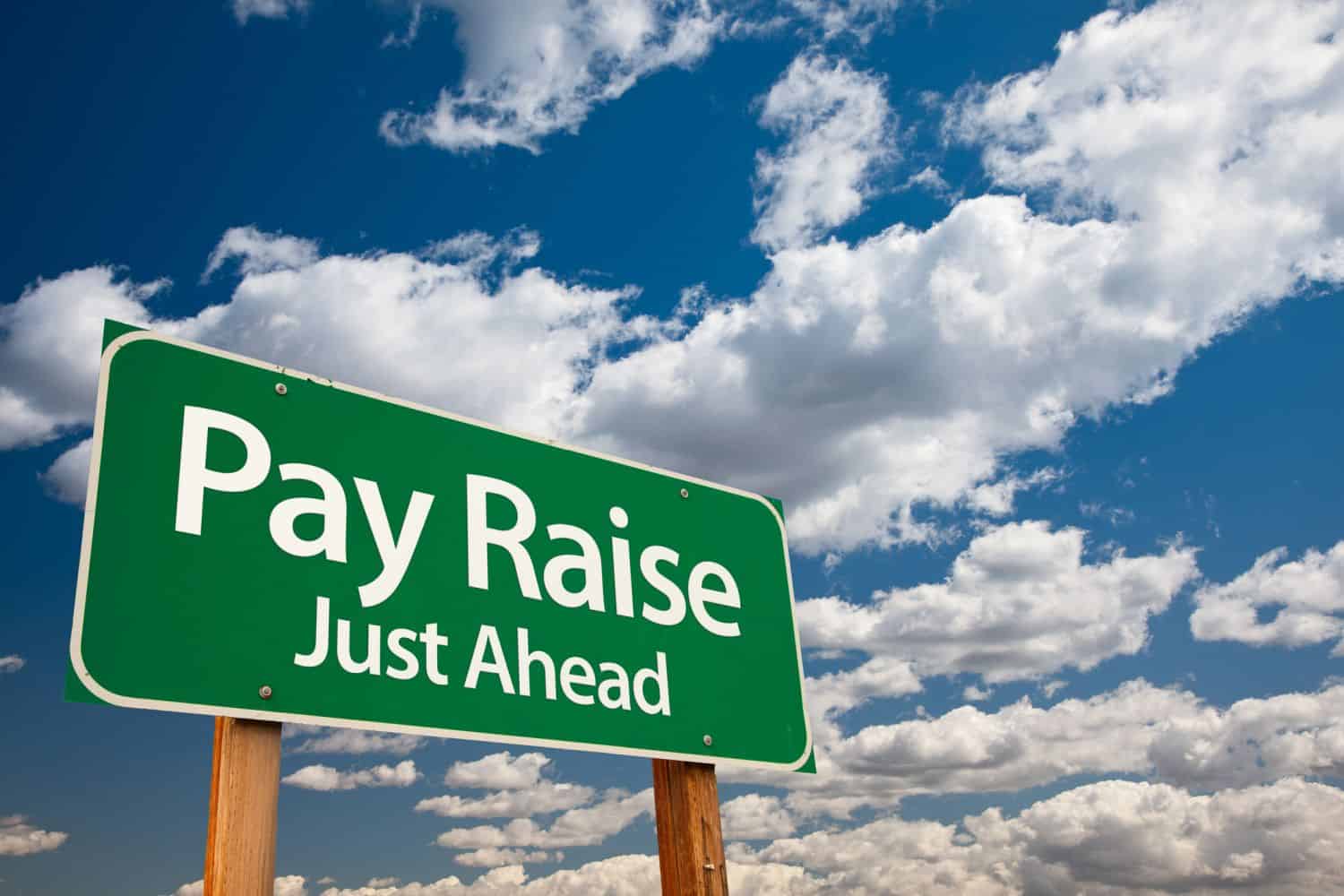However, Eskom can afford to pay its CEO R750 000 per month.

Analysts have labelled the 15% wage increase request by Eskom employees as unaffordable and unjustifiable.
The National Union of Mineworkers (NUM), representing 15 000 workers at Eskom, said workers are demanding a 15% wage increase, along with higher housing and other allowances.
This round of wage negotiations comes weeks after the state-owned power utility revealed for the first time in eight years it has made a profit.
ALSO READ: SABC splashes R5.5 million on CEO, while it bleeds R4.2 billion in unpaid TV licences
Wage increase
Eskom this week told The Citizen it has met with workers and talks are currently on break, set to resume later in the month.
“Negotiations are underway, with the parties having convened for two days and scheduled to reconvene on the 21st.”
The Citizen could not reach NUM for confirmation of the wage increase they have put on the table. However, News24 reported that the wage demand is four times higher than the rate of inflation.
Wage increase reckless
Professor Bonke Dumisa, an independent economic analyst, told The Citizen the demand for a 15% wage increase is both reckless and unaffordable, even after Eskom announced a profit.
Eskom’s ability to make a profit can be attributed to electricity tariff increases and lower primary energy costs. Dumisa said this has left more questions than answers, especially about the National Energy Regulator of South Africa’s (Nersa) mistake.
“Asking for 15% is both reckless and unaffordable despite Eskom announcing a profit, which leaves more questions than answers, given that there are still many question marks about the Nersa mistake, which will result in heavier Eskom tariff hikes at a time when very few South Africans can still afford,” he said.
ALSO READ: Salga’s wage deal: To pay municipal workers more or to fix collapsing areas?
Nersa mistake
Nersa acknowledged a R54 billion error in calculating Eskom’s tariffs, attributed to mistakes in asset valuation and depreciation. This resulted in Eskom being undercharged on paper, and future tariffs may be raised to recover the shortfall.
This increase in electricity costs affected households and businesses. Nersa entered into a settlement with Eskom to make up for the mistake.
As a result, South Africans will have to cough up R54 billion more through higher electricity tariffs, phased in over several years.
Pay gap
The pay gap at most companies is known, and it is no different at Eskom. Its CEO, Dan Marokane, earned R750 000 per month for the 2025 financial year.
His salary package, including benefits, annual salary, and other payments, has cost the power utility R11.7 million during the financial year. If the power utility can afford to pay one man this much, surely it can afford to give workers justifiable increases.
However, Professor Waldo Krugell, an economist at the Faculty of Economic and Management Sciences at the North-West University (NWU), told The Citizen the 15% wage increase demand is unreasonable.
“Average inflation has been low for some time, and there is no way to justify 15%. It is also not affordable. Eskom is sort of profitable again, but only because the taxpayer is bailing it out. 15% is no place to start a good-faith negotiation.”
NOW READ: Not so fast with that R54bn settlement, Eskom and Nersa






